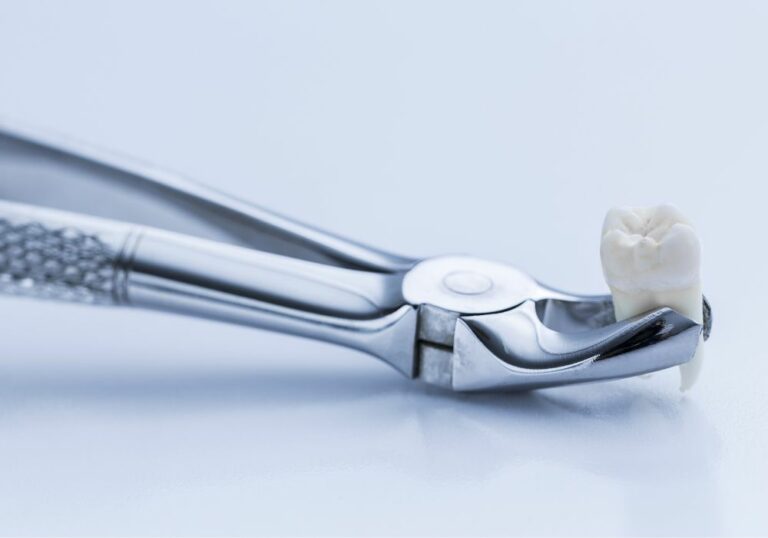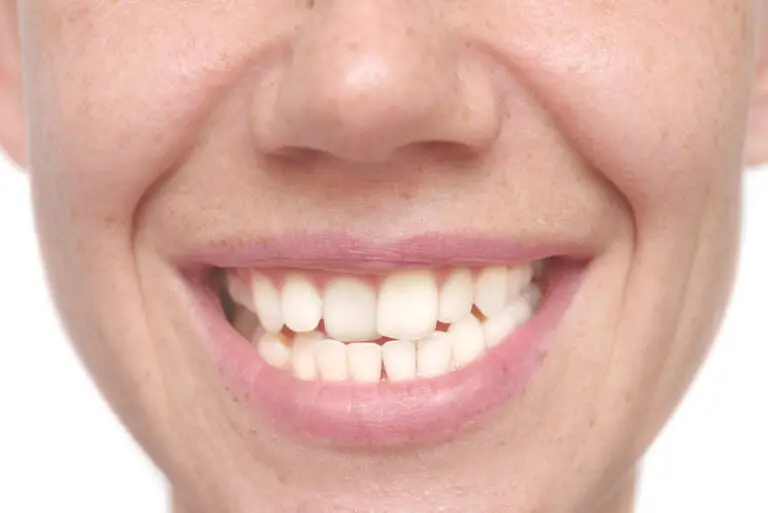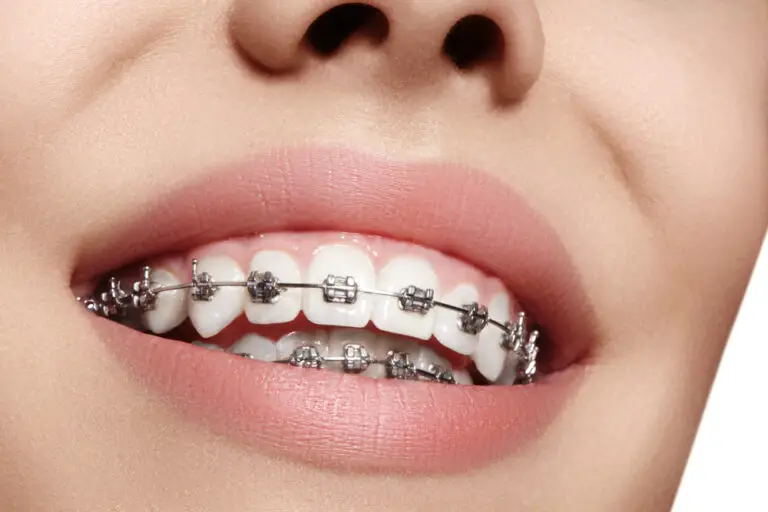As a parent, watching your baby hit exciting milestones like first steps, words, and toothless grins makes your heart swell with joy. But when you notice other babies the same age already sprouting pearly whites, it’s normal to wonder: why is my 10 month old not getting teeth?
While every baby develops on their own schedule, reaching that first tooth is a milestone most parents eagerly await. When your baby’s gummy smile remains tooth-free while their peers’ fill with tiny chompers, it’s understandable to have concerns.
However, there’s often no cause for alarm if your 10 month old is a late teether. Let’s take a comprehensive look at what’s considered a normal teething timeline, possible reasons for delays, and how to care for your teething tot.
Typical Teething Timelines

To understand if your baby’s teeth are coming in late, it helps to know what’s considered a typical teething schedule. While every infant is different, here are the averages:
- 6-10 months: The first teeth to emerge are usually the central incisors on the bottom gumline (bottom front teeth).
- 8-12 months: Next to come in are the upper central incisors (top front teeth).
- 9-13 months After that, the upper lateral incisors on either side of the front top teeth typically sprout, followed by their bottom counterparts. This completes the four front teeth on top and bottom.
- 10-16 months: The lower lateral incisors on the bottom gumline usually come through next, completing baby’s front teeth.
According to the American Dental Association, it’s rare for a baby not have at least one tooth by 12 months. Many babies sprout their first pearly whites right around 6 months. However, starting closer to the one year mark is still considered well within the normal range.
If your baby does not have any teeth by their first birthday or is experiencing other developmental delays, check in with their pediatrician. But if your blossoming baby is otherwise thriving and happy, late teething is likely not a major cause for concern.
What Factors Can Delay Teething?
While genetics play a key role in a baby’s teething timeline, certain factors can shift that schedule earlier or later:
- Prematurity: Babies born before 37 weeks gestation often reach milestones like teething later than full-term infants. Their development timeline may be slightly shifted.
- Family history: Research indicates teething patterns can run in families. If parents were late teethers themselves, their children may follow suit.
- Nutrition: Deficiencies in key vitamins and nutrients like vitamin D, calcium, and phosphorus can potentially delay teeth eruption. Ensuring baby gets sufficient nutrition supports healthy development.
- Illness: Serious chronic medical conditions or syndromes like cleft lip/palate, Down Syndrome, and hypothyroidism can be associated with later teething.
- Medications: Certain medications rarely may disrupt dental development if given in infancy. Check with your pediatrician if you have concerns.
- Birth defects: Physical oral defects like missing teeth buds or gum tissue problems can lead to delayed teething.
- Environmental factors: Early exposure to toxins like cigarette smoke, lead, dioxin, or radiation may potentially impact dental development.
If your pediatrician has ruled out any medical explanations for late teething, then your baby is likely just on the later end of normal. Try not to compare their progress to peers, since all babies develop differently.
Signs Teething is On the Way
While babies show signs of teething at different ages, here are some clues that teeth may be coming soon:
- Increased drooling and damp bibs
- Gnawing, biting, and chewing on toys, fingers, etc.
- Swollen, inflamed, or bluish gums
- Irritability, fussiness, and disrupted sleep
- Rubbing face, ears, and cheeks
- Low grade fever under 100°F
- Rash around chin, face, or neck
- Decrease in appetite or nursing
- Increased thumb sucking
- Ear pulling or nose rubbing
Even without overt symptoms, teeth can suddenly break through with little fanfare. But if your baby is demonstrating some of these behaviors, teeth may be erupting within coming weeks or months.
Caring for Your Teething Tot

While teething can be uncomfortable for babies, there are lots of ways parents can provide relief:
- Gently massage swollen gums with a clean finger or wet washcloth
- Allow baby to chew on chilled (not frozen) teething toys or wet cloths
- Try baby-safe over-the-counter pain relievers under pediatrician direction
- Rub gums with glycerin, coconut oil, or chilled carrot sticks
- Provide lots of cuddles, comfort, and distraction with songs and toys
- Ensure baby stays hydrated with frequent nursing or bottles
- Avoid teething gels under age 2 due to risk of dangerously low oxygen levels
With some tender loving care and patience, those pearly whites will arrive before you know it! If symptoms seem extreme or you have other concerns, do consult your pediatrician. But in most cases, late teething is no cause for major worry.
Nutrition for Teething Tots
Ensuring your teething baby receives adequate nutrition is key, since nursing or eating solid foods may become less comfortable. Try spooning cool purified water or frozen fruit to soothe aching gums.
Once baby starts solids around 6 months, include plenty of foods rich in minerals for dental development:
- Calcium – yogurt, cheese, leafy greens
- Phosphorus – meat, fish, eggs
- Vitamin D – fortified cereals, egg yolk
- Vitamin C – citrus fruits, strawberries, tomatoes
- Protein – pureed chicken, yogurt, beans
Here is a handy table outlining some nutritious foods to offer your teething baby:
| Food | Key Nutrients |
|---|---|
| Greek Yogurt | Calcium, protein |
| Pureed salmon | Phosphorus, vitamin D |
| Mashed avocado | Vitamin C, healthy fats |
| Sweet potato puree | Vitamin A |
| Tofu cubes | Calcium, protein |
Focus on nutrient-dense foods over sugary ones, which can lead to early cavities. With some creativity and persistence, you can ensure baby gets sufficient nutrition even when teething interferes with eating.
First Dental Checkup
The American Dental Association and American Academy of Pediatric Dentistry both recommend baby’s first dental visit by 1 year old. Bringing your baby in for an introductory dental checkup around the one year mark allows the dentist to:
- Examine teeth and gums for proper development
- Assess potential teething issues or malnutrition
- Identify early cavities or decay
- Discuss proper oral hygiene and toothbrushing
- Answer parent questions and concerns
This early dental visit helps baby become comfortable with the experience, and establishes your family’s dental home. The dentist can then monitor your baby’s teething progress and tooth development at future routine cleanings each 6 months.
When to Call the Pediatrician

While late teething is usually normal, do consult your pediatrician if:
- Your baby has no teeth by 12-14 months
- Teeth appear discolored, malformed, or mottled
- Teething is accompanied by severe diarrhea, rash, or fever over 102°F
- Your baby seems in intense pain that disrupts feeding and sleep
- Gums are excessively swollen or bleeding
Otherwise, just continue providing teething relief measures and waiting patiently for those pearly whites. Late bloomers eventually catch up with their peers in the tooth department. With your pediatrician monitoring development, late teething is rarely cause for major concern.
Frequently Asked Questions
Q: My baby is nearly 1 year old without teeth. When should I worry?
A: It’s typical for babies to get their first teeth anywhere between 3-12 months. If your baby has no teeth by 12-14 months, consult your pediatrician to rule out any potential medical reasons for delayed teething. But in most cases, late teething within the normal range is not a major cause for concern.
Q: My baby’s teeth came in discolored. What does this mean?
A: Discoloration or mottling can signal a developmental defect like enamel hypoplasia. Make an appointment with your pediatric dentist right away to have them examine the teeth and determine if treatment is needed.
Q: Can I give my baby Orajel for teething pain?
A: Orajel and other teething gels containing benzocaine are not recommended for children under age 2 according to the FDA, as they pose a choking hazard and may dangerously reduce oxygen levels. Safer ways to soothe teething discomfort include chilled teethers, gum massages, and acetaminophen under pediatrician direction.
Q: What vitamins boost healthy teeth development?
A: Key vitamins and minerals for dental health include calcium, phosphorus, vitamins A, C, and D, and protein. Offer your baby a balanced diet with plenty of yogurt, cheese, lean proteins, fruits, and vegetables once they start solids around 6 months. A vitamin D supplement may be recommended by your pediatrician if deficiency is suspected.
Q: When should I take my baby for their first dentist visit?
A: Both the American Dental Association and American Academy of Pediatric Dentistry recommend baby’s first trip to the dentist by 12 months old, or within 6 months of their first tooth erupting. This introductory visit allows the dentist to examine development and educate you on caring for your baby’s new teeth.
While seeing other babies’ new teeth pop through can cause concern if your baby’s gums remain bare, try to remain patient. There is a wide range of normal when it comes to teething timelines. With your pediatrician’s guidance and some tender loving care, your baby’s pearly whites will arrive before you know it!







